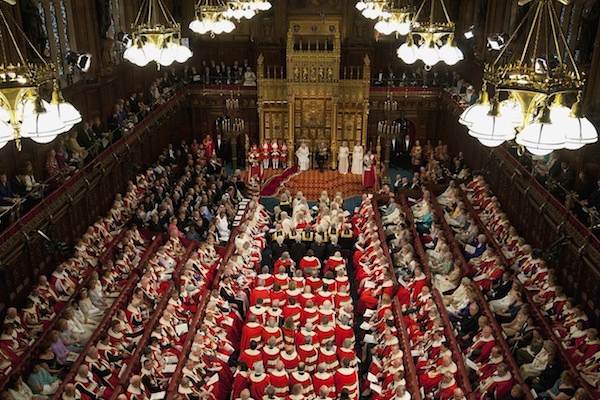One instructive way to think about Tuesday’s vote on Lords reform is, do you want to have proportional representation used to elect people to the Westminster parliament? I suspect that most people on the centre-right would answer no to that question, and with good reason. In the current British system, PR would work against the centre-right’s political interests.
It is for this reason that the term rebel is a bit of a misnomer for those Tories trying to thwart the coalition’s plans for Lords reform. The likes of Andrew Griffiths, an adviser to Eric Pickles when he was party chairman, and Angie Bray, a former Central Office staffer, are party loyalists far more than they are rebels. But what they have correctly worked out is that the medium to long term damage done to the Tory party by a second chamber elected by PR is far greater than the short-term benefit that would accrue from the boundary review.
At the end of last week, the Tory opponents of Lords reform believed they had 105 MPs pledged to their cause. Now, the Whips will try and erode that number over the coming days. But I understand that several respected Tory MPs will declare for the rebels tomorrow.
One odd thing is that some in Number 10 would prefer, if the government is going to lose the programme motion, to lose heavily. For the last thing they want is a fairly narrow defeat which would lead to a war of attrition to try and wear down the number of rebels. The sight of cots being wheeled into the Palace of Westminster for late night sittings would not only raise questions in the public’s mind about the government’s priorities but also inflict yet more damage on the relationship between Cameron and his parliamentary party.







Comments